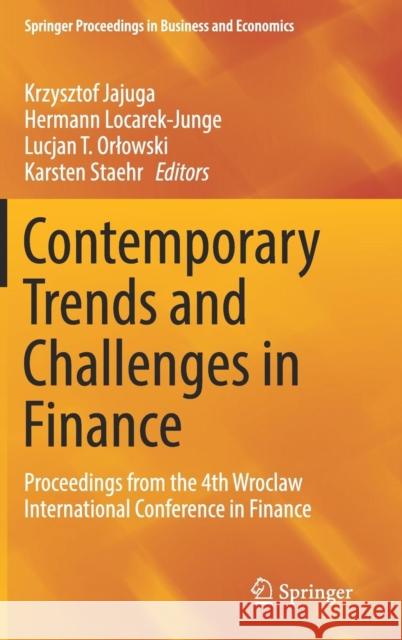Contemporary Trends and Challenges in Finance: Proceedings from the 4th Wroclaw International Conference in Finance » książka
topmenu
Contemporary Trends and Challenges in Finance: Proceedings from the 4th Wroclaw International Conference in Finance
ISBN-13: 9783030155803 / Angielski / Twarda / 2019 / 214 str.
Contemporary Trends and Challenges in Finance: Proceedings from the 4th Wroclaw International Conference in Finance
ISBN-13: 9783030155803 / Angielski / Twarda / 2019 / 214 str.
cena 602,40
(netto: 573,71 VAT: 5%)
Najniższa cena z 30 dni: 578,30
(netto: 573,71 VAT: 5%)
Najniższa cena z 30 dni: 578,30
Termin realizacji zamówienia:
ok. 22 dni roboczych.
ok. 22 dni roboczych.
Darmowa dostawa!
Kategorie:
Kategorie BISAC:
Wydawca:
Springer
Seria wydawnicza:
Język:
Angielski
ISBN-13:
9783030155803
Rok wydania:
2019
Wydanie:
2019
Ilość stron:
214
Waga:
0.50 kg
Wymiary:
23.39 x 15.6 x 1.42
Oprawa:
Twarda
Wolumenów:
01
Dodatkowe informacje:
Wydanie ilustrowane











